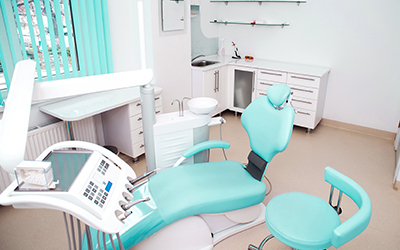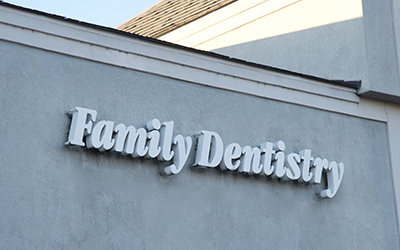Image Credit:
File ID 55392737 | © Stanislav Valenga | Dreamstime.com

When considering a dental practice transition, whether buying or selling, one of the most critical steps is determining the value of the practice. For sellers, understanding how to price your practice competitively is key, while buyers need to know what factors justify the asking price. Whether you’re selling or purchasing in Colorado, Utah, or Washington, having a clear picture of the dental practice’s worth is essential.
At CTC Associates, we’ve been helping dental professionals with successful transitions for years. Our expertise ensures that you understand what goes into valuing a dental practice for sale price and how it impacts the future success of a transition. In this article, we’ll explore the key elements that define a practice’s value and delve into the growing question: Should you buy an existing practice or start your own?
A dental practice’s value is determined by a combination of tangible and intangible assets, as well as goodwill. These factors are evaluated through several methods that work together to create a complete picture of what a buyer should expect to pay or what a seller can expect to receive.
Tangible assets are the physical components of the practice, including:
While tangible assets are important, they are usually not the largest contributor to the total value. Equipment, for example, depreciates over time, and newer practices will likely have more valuable equipment than older ones. This should be factored into the dental practice for sale price.
The more significant portion of a practice's value often lies in its intangible assets, which include:
Goodwill refers to the reputation, established patient relationships, and overall practice brand that have been built over time. It represents the likelihood that patients will continue to return after a transition. Goodwill can account for up to 65-80% of a dental practice's total value and is the most critical intangible asset in the valuation process.
Several methods can be used to evaluate a dental practice, and each offers a different perspective on what the practice is worth. These methods include:
Key financial indicators that buyers and sellers must consider include:
One of the big questions facing dental professionals today is whether to buy an existing practice or start from scratch. Both options come with their own unique advantages and challenges, and deciding between a start-up dental practice or buying an established one will depend on your personal goals, financial situation, and timeline.
Where the practice is located plays a huge role in its value. Dental practices in urban areas like Denver, Salt Lake City, or Seattle often come with higher sale prices due to higher patient demand. However, rural practices might have less competition and lower overhead, making them attractive to buyers who want lower operating costs. Proximity to major highways, parking availability, and the neighborhood’s demographics are other factors that can significantly affect the valuation.
At CTC Associates, we are dedicated to helping dental professionals navigate the complexities of transitioning a practice. Whether you're looking for a dental practice for sale or interested in starting your own dental practice, we’re here to guide you through the valuation process. Our experience spans Colorado, Utah, and Washington, where we've helped countless buyers and sellers with their dental transitions.
For sellers, we can help ensure your practice is competitively priced to attract serious buyers. For buyers, we provide expert insights into evaluating practice potential and ensuring that your purchase is a solid investment.
Valuing a dental practice involves more than just crunching numbers. It requires a deep understanding of both the tangible and intangible aspects that contribute to a practice's worth. Whether you decide to buy an existing practice or start your own dental practice, understanding these factors will lead to a more successful transition. At CTC Associates, we’re committed to helping dental professionals across Colorado, Utah, and Washington achieve their transition goals.
Contact us today to learn more about how we can assist with your dental practice transition, whether you are buying, selling, or starting fresh!
Whether you're a seasoned dental professional planning your next big move or just beginning to explore the possibilities of buying or selling a dental practice, you've come to the right place. Our blog is designed to provide valuable insights, expert advice, and the latest industry trends to help you navigate the complexities of dental practice transitions. With decades of experience serving Colorado, Utah, New Mexico, Idaho, Wyoming, Washington, Alaska, and Hawaii, we are your trusted partners in building successful dental careers. Explore our articles and discover how we can support your journey toward achieving your professional goals.













